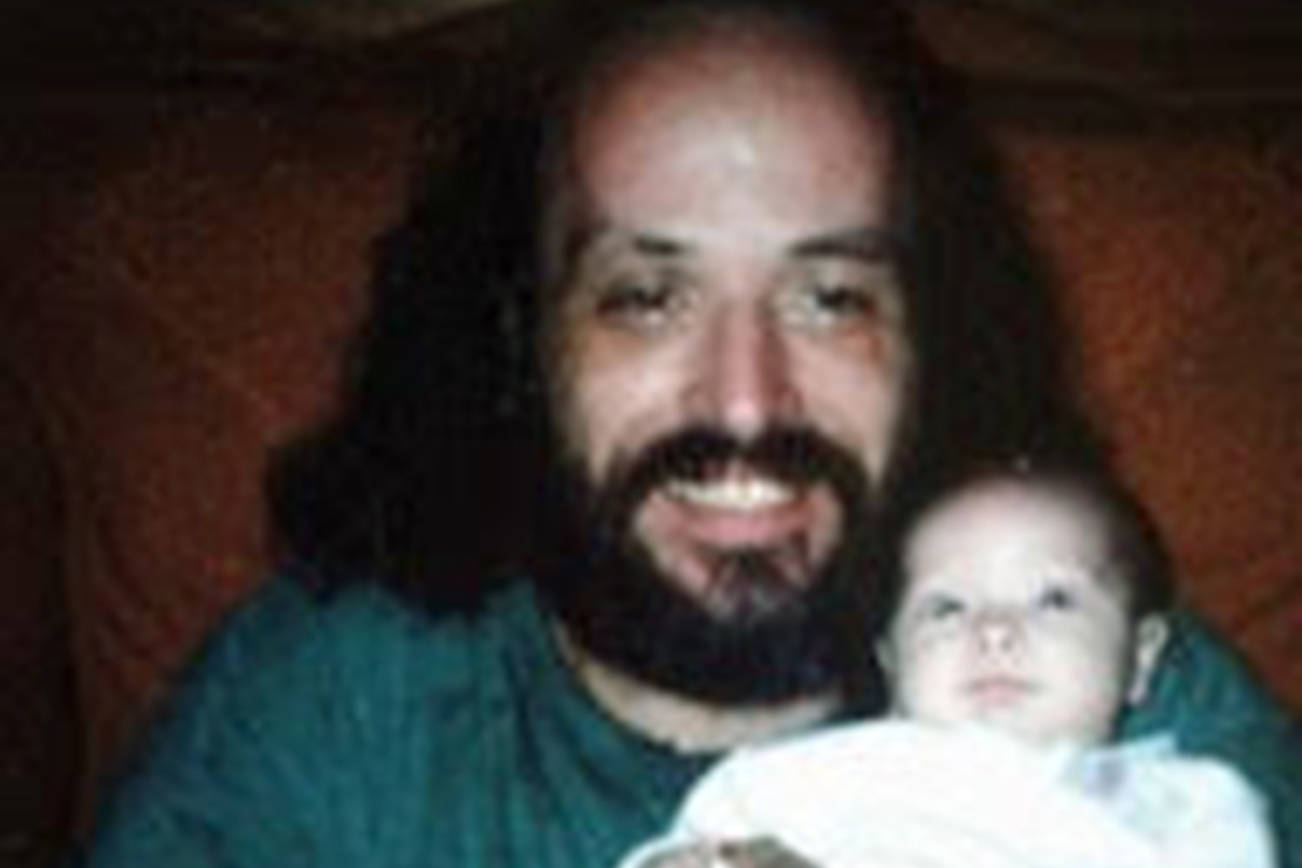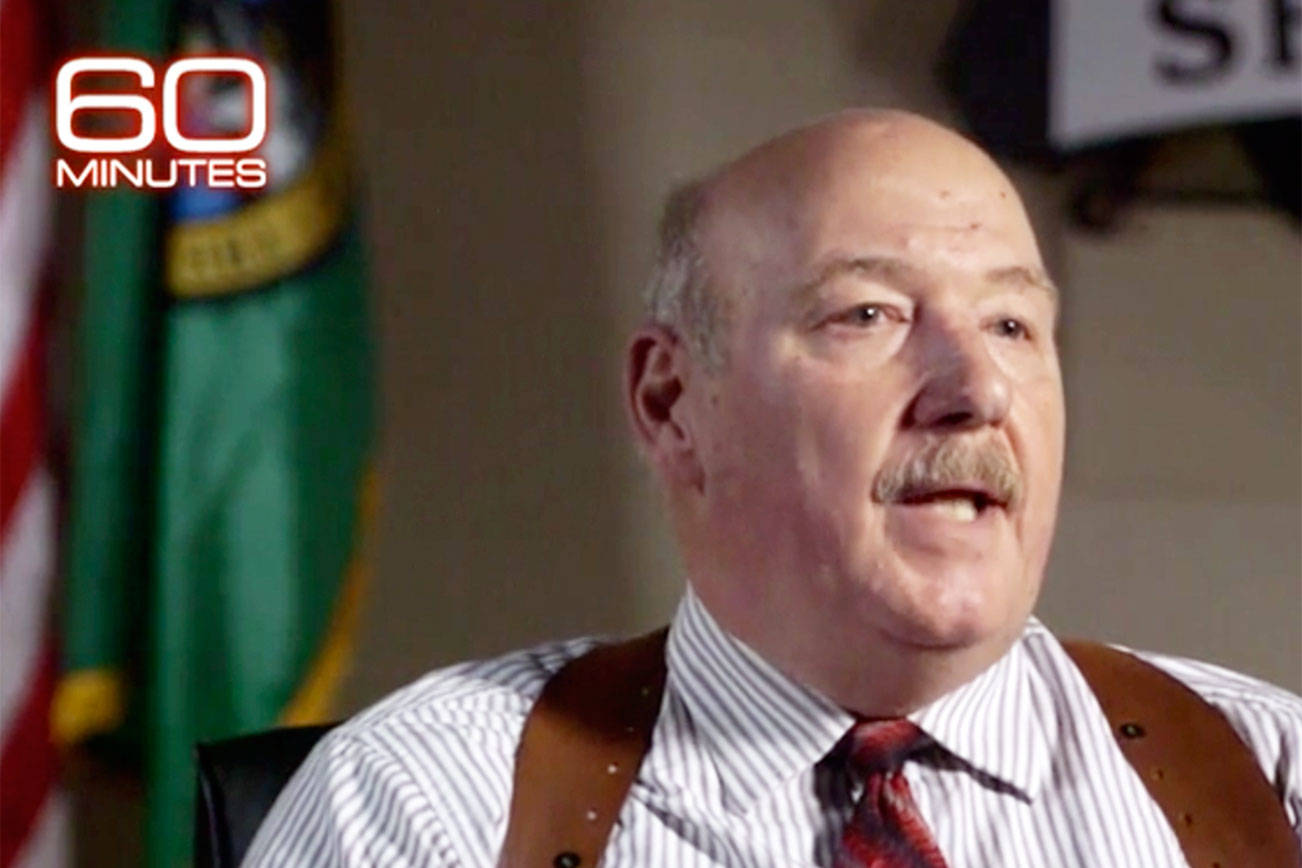TULALIP — Attorneys for the widow of a Tulalip man who said “Can’t breathe” shortly before his death while being subdued by police can argue the case at trial, a state Court of Appeals wrote in a ruling released Monday.
Cecil Lacy Jr. was 50 when he died in September 2015 while in police custody on the Tulalip Indian Reservation. He was being detained by two members of the Tulalip Police Department and a Snohomish County Sheriff’s Office deputy. The deputy was on Lacy’s back when the tribal member lost consciousness, according to the 28-page ruling.
The lawsuit against Snohomish County alleged battery and negligence on the part of the deputy. A trial was held in King County where a judge dismissed the case for insufficient evidence before it reached the jury.
In late 2018, King County Superior Court Judge Karen Donohue issued her directed verdict, finding “There is nothing to indicate that (the deputy) escalated the situation or that excessive force was used … There is no testimony at all that any of the officers engaged in excessive force.”
The Court of Appeals wrote that the trial judge was correct in dropping the negligence claim but erred in dismissing the allegation of battery.
At trial, according to the ruling, a plaintiff’s expert on police practices said “a reasonable officer would have recognized that (Lacy) was suffering from excited delirium,” an extremely agitated state often associated with deaths in police custody. An FBI bulletin describes it as “a serious and potentially deadly medical condition involving psychotic behavior, elevated temperature, and an extreme fight-or-flight response by the nervous system.”
The witness maintained that if the deputy had recognized Lacy was experiencing excited delirium, he would have stopped putting pressure on his back. The Court of Appeals wrote that Lacy told officers “(I’m) Freaking out … (I) Can’t breathe” shortly before he lost consciousness.
The deputy, according to the appeals court ruling, told Lacy: “Cecil, you’re breathing. You’re talking. You’re breathing. Just focus on deep breaths … and calm down.”
The interaction from when the deputy became involved and when Lacy lost consciousness was less than nine minutes.
The Court of Appeals wrote: “We cannot conclude, as a matter of law, that (the deputy) acted reasonably when he applied and maintained pressure on the back of a handcuffed, unarmed, mentally ill and agitated human being who was in a prone position, exclaiming that he could not breathe. That decision should have been left to the jury.”
Seattle attorney Ryan Dreveskracht, who is representing Lacy’s wife, said Monday he was not surprised with the Court of Appeals ruling and looks forward to getting the facts in front of a jury. The family continues to maintain that Lacy’s death was a preventable tragedy and the county is liable.
In 2015, the county’s medical examiner at the time ruled the death accidental. It was attributed to a heart attack due to methamphetamine in his system and several health-related factors. Those include an enlarged heart, obesity, hypertension, diagnoses of schizophrenia and bipolar disorder as well as the struggle with police.
Jason Cummings, the county’s chief civil deputy prosecutor, said attorneys in his office were reviewing the Court of Appeals ruling Monday afternoon to determine what next steps should be taken.
“The facts haven’t changed,” he said. “The law hasn’t changed. We remain confident.”
Lacy had been a commercial fisherman who once worked for the tribes recreation department, according to his obituary. He also enjoyed writing.
Eric Stevick: stevick@heraldnet.com







